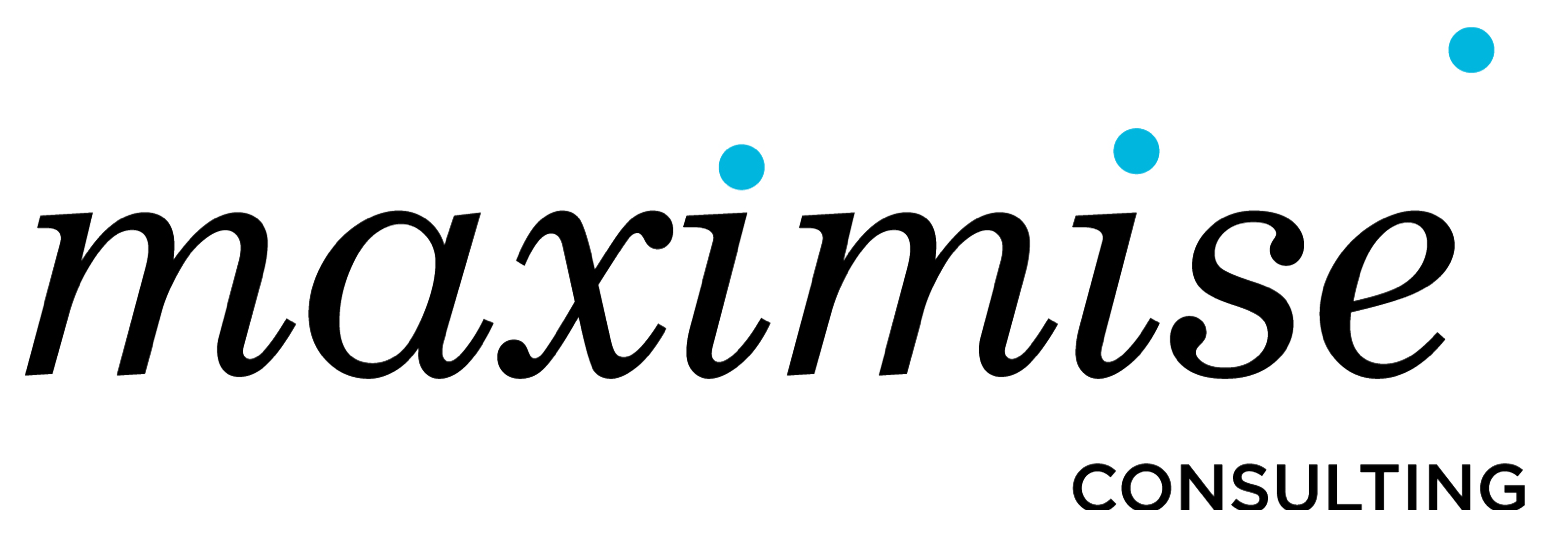Team accelerator program
Management teams in transition: changing the way we work, faster team transitions, achieving peak performance.
Teams at all levels are inherently dynamic and benefit from continual renewal, particularly when they involve complex, multi-stakeholder relationships and cross-functional interdependencies. Intentional team “time-out” sessions to get more connected and aligned, not only serve to reignite team passion, they are increasingly a business imperative. High performing teams don’t just happen: they are intentionally planned and carefully nurtured to bring out the best from all members.
The challenge is clear: stronger results in an environment of constant change. In recent years, with the 4th industrial revolution, business realignment and consolidation continues in various forms including greater cross business collaboration, digital disruption, tighter controls, agile business processes, matrix structures, automation, realignment of organising structures, and new ways of working. Doing more with less, translates to an even stronger reliance on teams to maintain “business as usual” and deliver customer responsiveness and innovation.
All teams have both formal and informal dimensions that can work for or against productive work environments and achieving team results. In practice, it is through the informal, relational aspects that work really gets done. Made explicit, and jointly agreed, clear team fundamentals and ethos can be intentionally established to harness diversity, vitality, team spirit, and high performance outcomes. High achieving teams take joint ownership for team success, reinforce accountability, leverage the synergy of individual strengths, support each others growth and respond dynamically to the wider environment in which they operate.
Who benefits?
Team structures are the building block to execution in leadership teams, functional teams and multi-disciplinary project teams. Developed through working with managers in a broad range of industries and job functions, this series of working sessions has been recently enhanced to support teams in transition through a number of customised applications including:
1. Team start-up. Newly established teams in dynamic operating environments benefit from rapidly getting every one connected and fully on-board. They also have a need for clear roles and contribution, and a commitment to results through focussed team efforts.
2. Team regrouping. Teams undergoing significant change in post-merger or restructured environments, injected with new people and capability, demand a change of focus and responsiveness to deliver exceptional team results.
3. Team renewal. Annual team planning and review off-sites and conferences looking to re-vitalise, re-engage and align the team with future priorities and direction, and inspire commitment to action.
4. Project team start-up. Time-poor, multi-disciplinary project teams are typically charged with “hitting the ground running” on key strategic deliverables. They must also rapidly connect to deliver collaborative results and innovate around targeted business problems. Unstructured and unchecked, poor team process and tricky team dynamics can intensify conflict, over-run budgets, damage critical stakeholder relationships, and undermine overall success.
Sample program content areas
Team alignment
How clear are the team’s purpose, identity, direction and goals? Is the team focussed on value-added work or is it unable to surface from the day-day to drive future growth aspirations? Are team priorities fully aligned to enable a joint effort on the issues that really matter?
Leading and embedding new ways of working
Is the team mobilised for a significant period of restructure, ambiguity and uncertainty? How well does the team understand the external and internal contexts? How clear are the team on their contribution and accountabilities? Is there a robust and intentional transition plan to support the leader and the team?
Beyond the rhetoric of “high performance teams”
High achievement and high performance don’t just happen by bringing capable individuals together. At a minimum, team members need crystal clear direction, know what to do, where to focus, understand consequences and receive feedback on performance. Fuelled by passion and commitment, exceptional performance also requires higher levels of collaboration, trust and accountability.
Teamwork and team dynamics
All teams exhibit a team ethos or a “vibe”: is it sufficiently aligned and collaborative to achieve high performance? Are there blockages in critical working relationships that are holding back the team? Are there unresolved issues, fuzzy work boundaries or past legacies that would benefit from “clearing the air”? Are all team members ready to step up, take ownership and be accountable for results?
Innovation, conflict and contention
Innovation in organisations demands teams to challenge the boundaries, test assumptions, and liberate creativity and positive energy. Change to work routines can also lead to conflict and contention. How ready are team members to live on the boundaries of their ideas and be prepared to embrace those of others? Are there outstanding conversations that could make all the difference to team engagement and performance? How equipped is the team for “real conversations”?
Facilitation methods
A range of methods with an outcomes focus may be incorporated including, process facilitation, small group dialogue, peer consultation, future search, problem solving and innovation, brainstorming, skills practice, values articulation, personal disclosure and reflection, group energy mapping, and action planning. In addition, individual and team assessment diagnostics can be incorporated.
Design for relevance and impact
To optimise your investment, an effective design builds ownership for sustainable outcomes back in the workplace. In addition to crafting clear agenda and objectives, meeting content and process ideally balance four fundamentals: informing, listening, connecting, and mobilising the audience for action. It is recommended where possible to involve and test the agenda with participants in advance.
